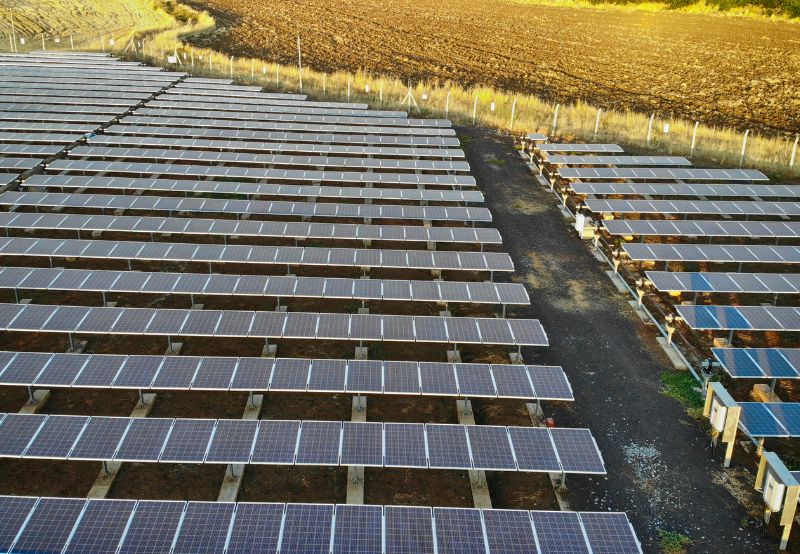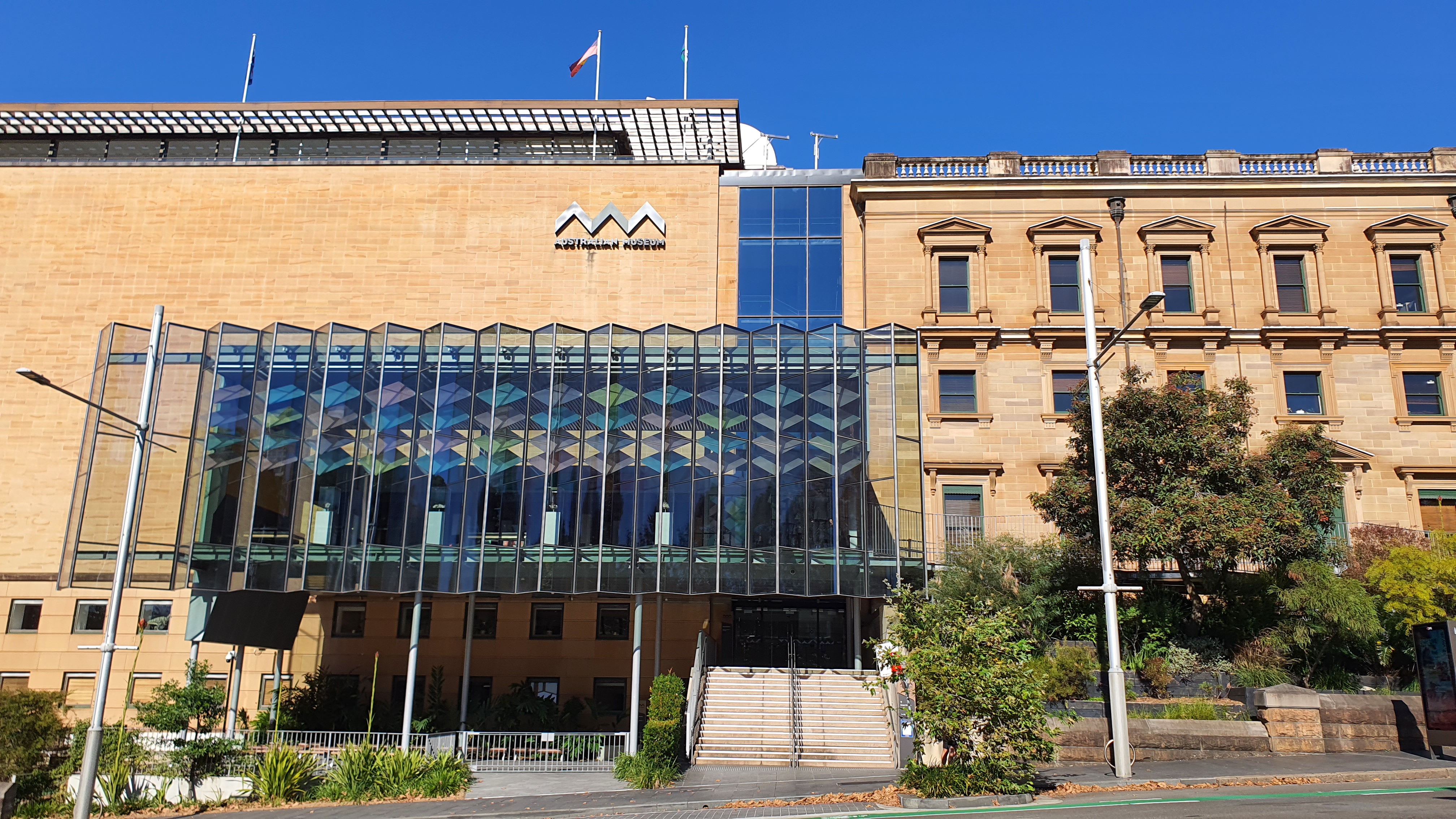IRTA is currently seeking a Researcher in Applied Entomology focusing on Fruit Trees with a deep knowledge on the biology, epidemiology, and management of arthropod pests affecting fruit trees, according with the main research lines of the Sustainable Plant Protection program. The appointed candidate will leadresearch of excellence to boost advances in this area of knowledge. Within this framework, IRTA is proposing a research position with the following characteristics.
Duties and Responsabilities:
· To proactively initiate, supervise and/or lead internal and external research projects.
· To supervise and contribute to the design, implementation and analysis of experiments and field tests, and their subsequent reporting.
· To continuously update scientific knowledge to be positively transferred to stakeholders and end-users.
· To help positioning the Sustainable Plant Protection Program as a group of excellence through regular peer-reviewed publications, contributions at national and international congresses and supervision of PhD and postdoctoral researchers.
· To work in close collaboration with other teams of IRTA, as well as with external academic, institutional and industrial partners, in approaching new integrated control strategies to bacterial diseases of fruit tree crops.
· To specifically participate in project-based collaboration with the all the research programs of the Plant Science Area of IRTA.
This is a full-time position for a period of one year with the possibility to extend the contract. Gross salary will be commensurate with the qualifications and experience.
IRTA offers a rich environment for knowledge development and exchange where to develop a scientific career, and possibilities for professional promotion according to the attained achievements.
The contract will be in the framework of the “Plant Health Innovation Hub” operation of the “Agrobiofood b. Ponent” project. This is a project of specialization and competitiveness territorial (PECT) framed in the RIS3CAT.
50% of the object of the contract is co-financed by the European Regional Development Fund (FEDER) of the European Union, within the framework of the FEDER Operational Program of Catalonia 2014-2020. Investment goal in growth and employment.
Essential requirements:
· Academic degree (PhD) with proven scientific excellence and practical experience in Agricultural Entomology.
· Proven experience in arthropod pests affecting fruit tree crops and/or other woody species, and an outstanding record of scientific publications in this field.
· Proven experience in project management, with good organizational and coordination skills.
· Good level of English both spoken and written. Good level of Spanish and/or Catalan both spoken and written.
Desirable requirements:
· Full driving license for Europe and travelling availability.
· Good communicative skills and client-oriented thinking and working.
Personal profile:
· Strong organizational capability and ability to learn and successfully work within multidisciplinary teams.
· Teamwork skills and ability to establish and build relationships that will allow pursuing the objectives of the R&D activities.
· Willingness to organise and share information. Proactive in suggesting improvements.
· Flexibility and adaptation. To be able to prioritize tasks effectively. Capacity to anticipate, plan and write R+D projects, reports and technical documents.
· Receptive to challenges, ability to align the professional objectives and institutional priorities and strategy.
The priority of the Sustainable Plant Protection Program is to improve plant health and crop production by developing innovative and low environmental impact control strategies. The program main research lines are focused on:
· The biology and epidemiology of pests and pathogens
· The application of beneficial organisms able to achieve quality standards of agricultural products.
· Achieving environmentally safe control strategies for pests and diseases attacking crops and products
· The sustainable management of agroecosystems through a well-balanced use of nutrients, water resources and biodiversity.
- Entomology
- Agricultural Science
- Crop Science




